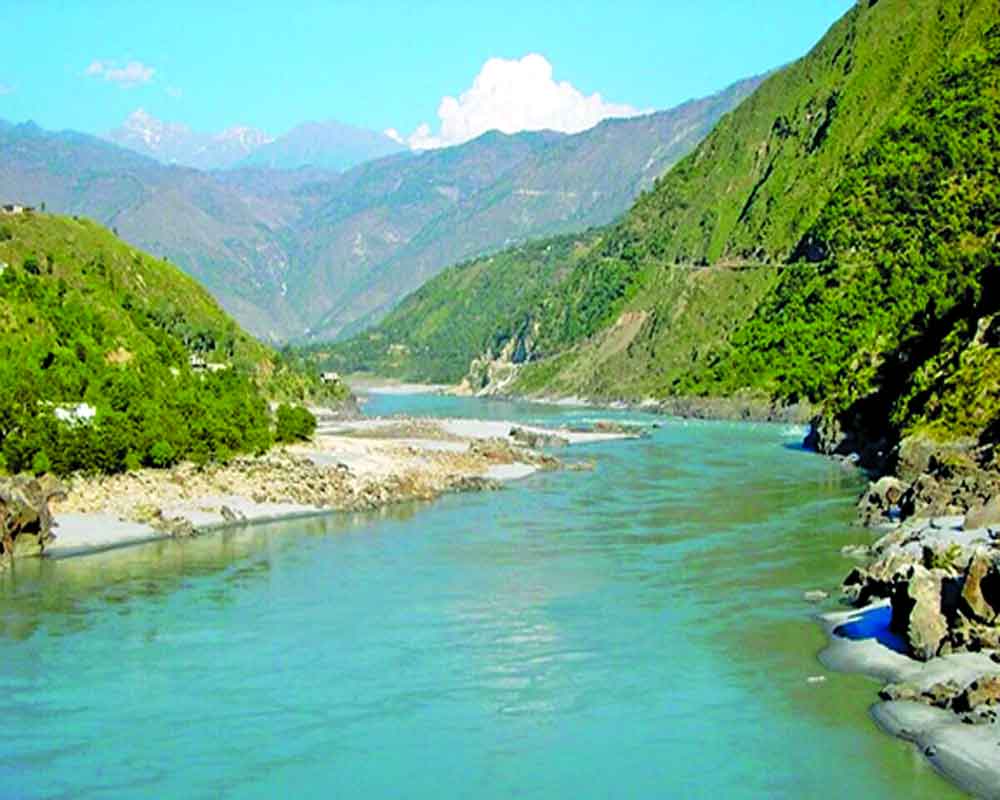Delhi has decided to take on Islamabad over the latter’s disregard for the Indus Waters Treaty
India has done the right thing by issuing a notice to Pakistan for modification of the Indus Waters Treaty (IWT). The September 1960 treaty, which came into being after nine years of negotiations between the two countries, is generally seen as one of the most successful water-sharing pacts in the world, with the World Bank also being a signatory. The notice has been necessitated by Islamabad’s “intransigence” on the implementation of the IWT. For the last five years, India has been trying to discuss and resolve the issue of India's Kishenganga and Ratle Hydro Electric Projects, but Pakistan has been stubborn, refusing to sort out the matter. India’s position, as reported in the media, has always been clear: it wants implementation of IWT in letter and spirit, but Pakistan has been dillydallying. In 2015, it sought a neutral expert to examine its technical objections to the two hydel projects. But, a year later, it withdrew unilaterally and proposed adjudication by a Court of Arbitration. India objected to two simultaneous processes, an objection that the World Bank acknowledged in 2016. This is despite the fact that the IWT allows a mechanism to resolve such issues. The treaty gives control over the waters of the three “eastern rivers”—the Beas, Ravi, and Sutlej—to India and over the waters of the three “western rivers”—the Indus, Chenab, and Jhelum—to Pakistan. This gives India control over around 20 per cent of the total water carried by the Indus system, while the rest goes to Pakistan. Even over the western river waters, as per the IWT, India has the right to do limited irrigation and unlimited power generation, navigation, floating of property, fish culture, etc.
At the heart of the problem is Pakistan’s deep-rooted hatred for India. Still smarting from the defeat in the 1971 Indo-Pak War and its dismemberment, it is determined to not give any concession to India. Even though it is obligatory for nations to extend the ‘most favoured nation’ (MFN) status to all members of the World Trade Organization, and India gave Pakistan the MFN status, Pakistan refused to reciprocate the gesture for two decades; and then India withdrew that. The reason: ‘most favoured nation’ translates as ‘sabse pasandida mulk’ into Urdu—something Pakistan’s deep state and radicalised society would never allow. Even now, when the Pakistani rupee is in a free fall, the forex reserves are depleting fast, and the economy has all but crumbled, its generals and jihad-compliant politicians and public figures are unwilling to improve ties with India. Trade with India would surely help Pakistan, but such is the pigheadedness of the powers that be in Islamabad and Rawalpindi that they don’t want to normalise ties with New Delhi. They can support terror groups, risking the wrath of the Financial Action Task Force or FATF, but can’t strive to have better ties with India, even though that would be for its own good. Therefore, there is nothing surprising in Pakistan disrespecting the IWT.


























